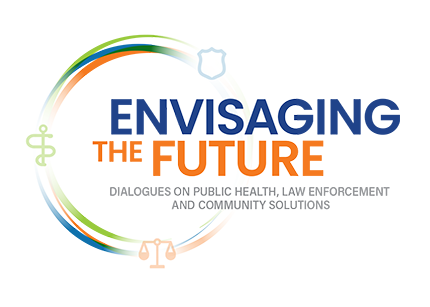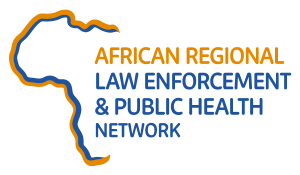This group aims to connect professionals and academics to advocate for the recognition of, and support for, people with neurodisabilities in law enforcement settings. We are interested in how to effectively identify and respond to neurodisabilities in justice settings, and what the key intervention points should be, so as to prevent both offending and criminalisation. By connecting healthcare professionals, social workers, and law enforcement professionals, we want to promote a rehabilitative culture of support around young people with neurodisabilities who may be vulnerable to contact with the justice system.
How do we define neurodisabilities?
Neurodisability is a term commonly used in the UK for a range of functional difficulties resulting from problems in the development of the brain or nervous system. Although heterogeneous and varied in presentation, these disabilities are characterised by a combination of functional difficulties, typically relating to:
- cognition (acquiring, understanding, and applying knowledge, including skills related to learning, memory, attention, evaluation, or reasoning);
- executive functioning (complex goal-oriented thought and action, including the initiation, planning, and sequencing of complex tasks, the use of long-term memory, concentration, inhibitory and attention control, and responsivity to novel or changing circumstances);
- emotional functioning (withdrawal, anxiety, impulsivity, regulating and expressing emotions, such as difficulties in restraining emotional reactions, or understanding the emotions of others);
- and communication (speech, expressive language, or receptive language).
Conditions may vary over time, occur alone or in combination, and include a broad range of severity and complexity.
The term neurodisability includes, but is not restricted to, diagnoses of specific ‘neurodevelopmental disorders’, such as Attention Deficit Hyperactivity Disorder, Autism Spectrum Conditions, Acquired Brain Injuries, Epilepsy, Foetal Alcohol Spectrum Disorder, Developmental Co-ordination Disorder, Developmental Language Disorder, and Dyslexia. By employing the term ‘disability’, we elicit the social model: recognising societal norms, practices and discrimination as the root cause of the negative experiences of those experiencing neurodevelopmental difficulties, including those that increase risk of criminalisation.
In further opposition to the applicability of diagnoses and labels of disorder, the term ‘neurodiversity’ is increasingly being used to emphasise the range of differences in individual brain function and behavioural traits as part of normal variation in the human population. We recognise the increasing use of this term among those with lived experience of such differences, but also seek to reflect the disabling experiences of discrimination they face in criminal justice settings.
For more information, or to join the SiG, please contact:
Hope Kent, University of Exeter
hnk201@exeter.ac.uk.






